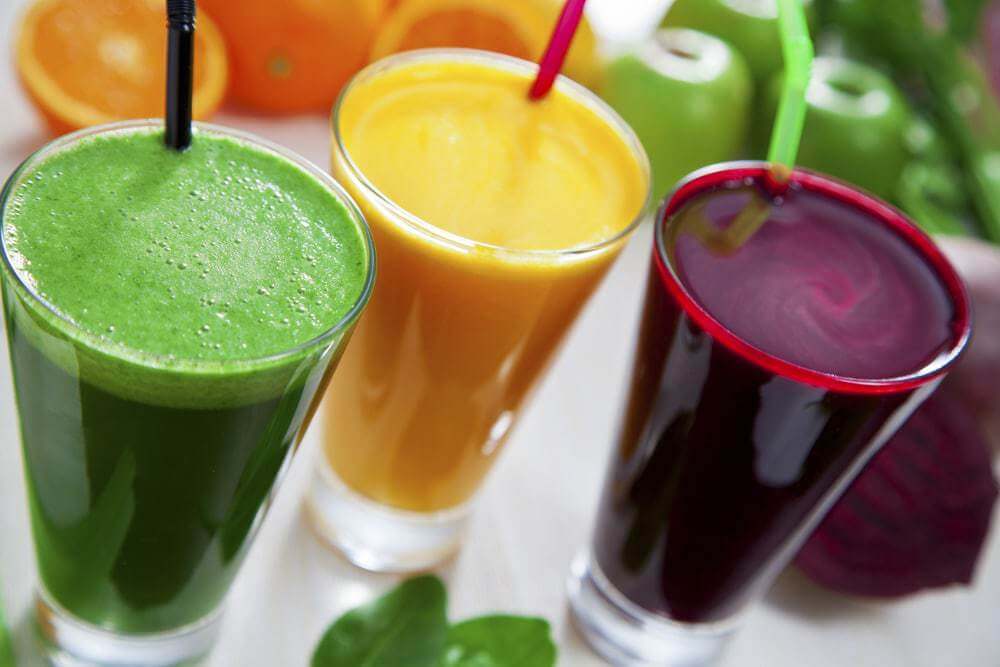To juice or not to juice?
That is the question that seems to be on the lips of every health enthusiast out there at the moment.
We believe that juicing could make your approach to health easier and fresher than ever. However, be warned that a juicer that juices everything, is quick and efficient, and cleans itself up is yet to be invented. In the meantime you need to pick one that suits your lifestyle, juicing pattern and the kind of things you want to juice regularly.
If you’re in the market for a new juicer? Read this simple guide to help you find what the right juicer is for you.
Questions to ask yourself before you buy…
- What will you be juicing and will the juicer be able to juice what you want?
- It is easy to use?
- Is it easy to clean?
- How effective is the juicer at juicing?
- How effective is it at preserving nutrients when it juices?
- Will the motor and parts last?
- How much do you want to spend?
There are four distinctly different kinds of juicer to choose from;
Centrifugal,
Masticating / Slow Juicers,
‘Twin Gear’ juicers,
and the NEW ‘Fusion Juicers’
Here we will try and explain the differences between each type of juicer and their advantages and disadvantages.
Centrifugal Juicer
The most popular of juicers.
The higher end centrifugal juicers are owned by most people because of their speed and efficiency. You can juice fast, clean it up fast and the good ones extract A LOT of juice from the produce. These high speed juicers work with centrifugal force to extract the juice. The fruits and vegetables are pushed down a feed tube (mostly whole so no chopping is required) on to a serrated cutting blade on the bottom of a rapidly spinning basket. This spinning cutter, slices the veg and fruit, and the pulp is flung into the pulp extractor. Perfect for people that are time poor but want to make juice every day.
Advantages:
Fast and easy to use.
Quick to clean.
Most higher end models take whole fruit or veg with ease, so no pre-slicing
Lower Prices
Disadvantages:
The heat and air generated can reduce the time you can leave your juice before drinking, meaning juice stays fresh (if in a flask) for 5-7 hours max.
Not as effective at juice extracting as masticating and twin gear machines
Slightly noisy as the the motor needs to run at a high speed
Will not juice wheatgrass
Masticating’ Slow’Juicers:
Known as slow speed juicers, these are an excellent choice for juicing a wide range of vegetables, fruit and in most cases wheat grass. Because of the slower speed these juicer’s reduce oxidation and allows juice to be made and then kept for anything up to 48 hours. Although a more expensive option, they usually come with extras allowing the user to make smoothies, purees, salsas, sorbets and ice creams. Cleaning is still reasonably quick and easy like a centrifugal juicer and on most occasions just requires rinsing. The quality of the juice from a masticating juicer is known to be of better quality (due to the slower process) and generally produces a higher yield over centrifugal juicers.
Advantages:
Excellent juice quality
Can store juice up to 48 hours with minimal loss of nutritional benefit
Extras allow the user to make nut butter, smoothies etc.
Quiet
Will generally juice Wheatgrass
Disadvantages:
Usually more expensive over centrifugal juicers
Can be slow to produce juice as the feeding chutes are smaller
Masticating ‘twin-gear’Juicers
For Serious Juice Professionals
These are the most efficient juicers available. They produce juice by squeezing produce between two stainless steel cylindrical rollers that sit side by side. The produce is pulverised by sharp teeth as its fed through the machine. The produce is pressed, squeezed and extracted more effectively than any other type of juicer and at a much lower temperature. These really are the best you can get. They make light work of even the most stubbon veg and an excellent choice for any serious juicer.
Advantages:
The best juice quality
Can store juice up to 48 hours with minimal loss of appearance and nutritional benefit
Extras allow the user to produce other food types
Quiet
Superior build quality
Juices wheatgrass
Disadvantages:
Usually more expensive over masticating juicers
Can be slow and timely to produce juice
Not good at juicing pineapple
Fusion Juicer
The new kid in town
A style of juicer that is a ‘fusion’ of both the technologies from centrifugal and masticating. If you wish to have a whisper quite juicer at a low price, with easy, fast cleaning – a Fusion Juicer is for you.
Advantages:
Less heat means better quality juice than centrifugal
Super quiet, easy to use.
Quick to clean.
Take whole fruit or veg
Low Prices
Dishwasher safe
Disadvantages:
Not as fast as centrifugal.
Will have to take more skin off some fruit and vegetables.
Will not juice wheat grass











